T4K3.news
Mother fights to save her daughter from mental illness
A profile of Naina Mishra shows how family actions collide with privacy rules and missing early signs of psychosis.

A detailed profile of Naina Mishra shows how family efforts clash with privacy rules and gaps in recognizing early psychosis.
A mother fights to save her daughter from mental illness
The piece traces Naina Mishra’s life from Mumbai to Singapore, Hong Kong, London, and finally New York, outlining how she moved from high-achieving student to someone who withdrew from friends and family. It describes signs such as rapid address changes, fixation on specific places, and episodes of paranoia, and explains how Vandana Luthra, Naina’s mother, tried to mobilize support by signaling mental health services and contacting friends and authorities, only to confront privacy laws and the reality that Naina was an adult who could block help. Vandana’s attempts included hiring private investigators and asking institutions to share information, but access remained limited and the path to guardianship was blocked by law and consent. By October 2024 Naina died in London, leaving her family with unanswered questions about what more could have been done and how communities recognize and respond to a young adult in crisis.
The article also frames broader questions about how health systems handle privacy versus welfare, how schools and communities can improve early identification of psychosis, and how families navigate cross-border care and financial costs in pursuit of safety for someone who withdraws from life as they know it. It ends with Vandana’s call for better mental health literacy in schools and communities to prevent future tragedies and to shorten the gap between warning signs and help.
Key Takeaways
"I had her right in my hand. And from my hand, she’s gone."
Vandana Luthra reflecting on her daughter’s death and the sense of lost control
"Naina fell through our fingers."
Newton describing the fading connection to Naina
"You could see that this person was not OK."
Kapoor narrating signs of unwellness in St Albans
"If Naina can leave her dream job, something’s very wrong."
Vandana on signs that a crisis was already underway
This story highlights a tension at the heart of modern life: individual autonomy versus family responsibility when mental health is at stake. It shows how legal and privacy protections can shield a person but also shield a crisis from those who care most. The narrative also exposes gaps in the system—care pathways that are difficult to access for adults who refuse help, and a lack of cross-border coordination when families search for answers across countries. It invites readers to consider whether schools, employers, and healthcare providers share enough responsibility for early signs of serious mental illness and how to balance privacy with urgent welfare needs.
In the end, the piece argues that awareness is not enough without action. It calls for clearer guidelines, better training for frontline workers, and safer channels for families to seek intervention when a young adult is spiraling, while respecting personal boundaries. The human cost becomes a prompt for policy reflection about how we build supportive networks around those most at risk.
Highlights
- I had her right in my hand. And from my hand, she’s gone.
- Naina fell through our fingers.
- You could see she was not OK.
- If Naina can leave her dream job, something’s very wrong.
Mental health crisis and family privacy
The article highlights the tension between privacy protections for adults and the safety of someone in crisis, along with the financial and emotional toll on families who try to intervene. It raises questions about guardianship, cross-border care, and school-based prevention.
Naina’s story is a prompt to build better systems that listen before it is too late.
Enjoyed this? Let your friends know!
Related News
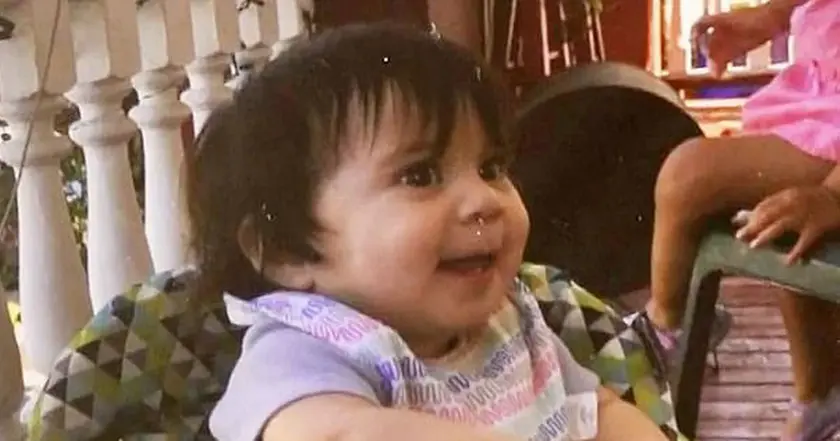
Mother sentenced to life for neglecting daughter
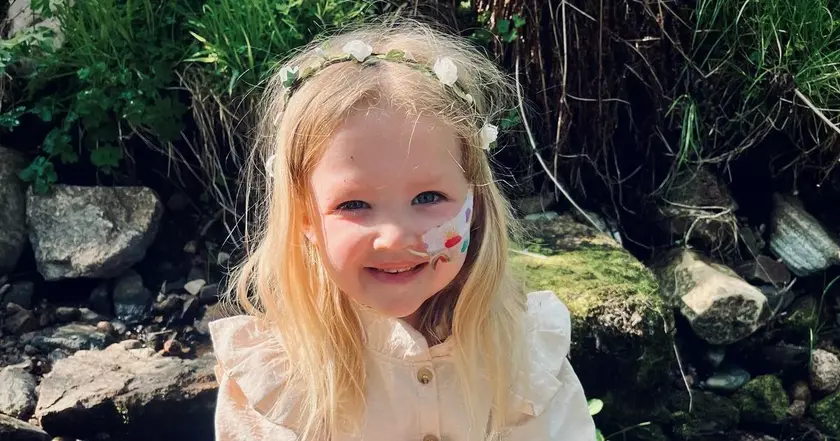
Urgent plea for stem cell donors to save Josie Davidson
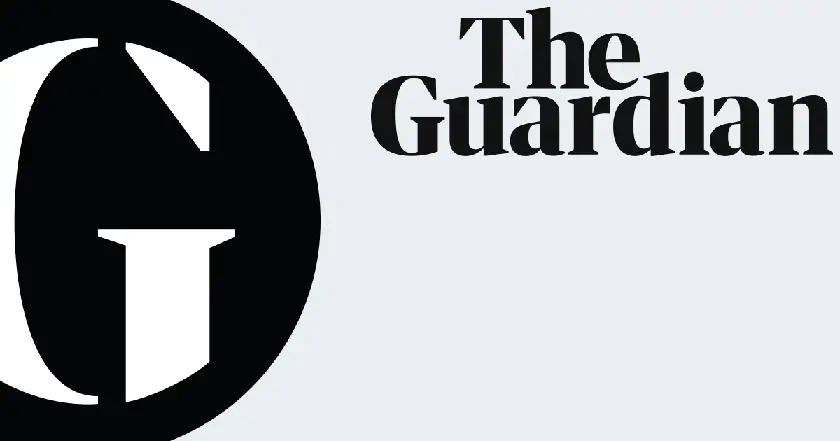
Betsy Lewis, 75, celebrates life after stopping cancer treatment
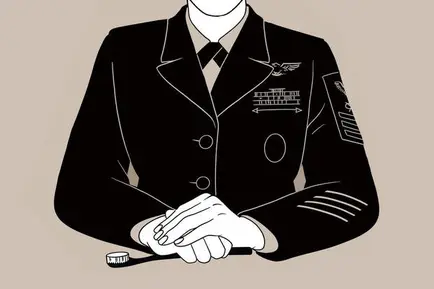
Military eating disorders risk to readiness
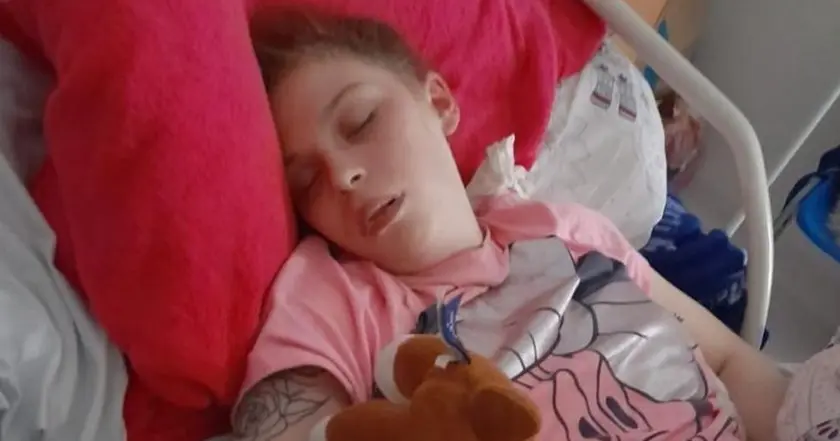
Urgent medical funding needed for Charlotte Kent
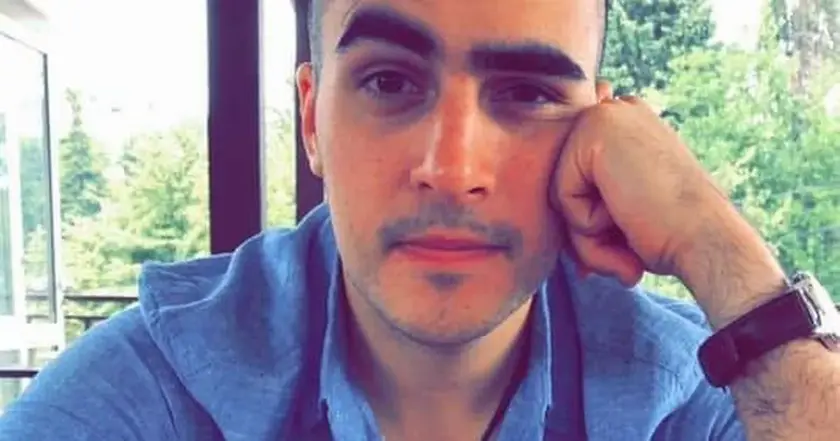
Young man battles rare cancer as treatment options dwindle
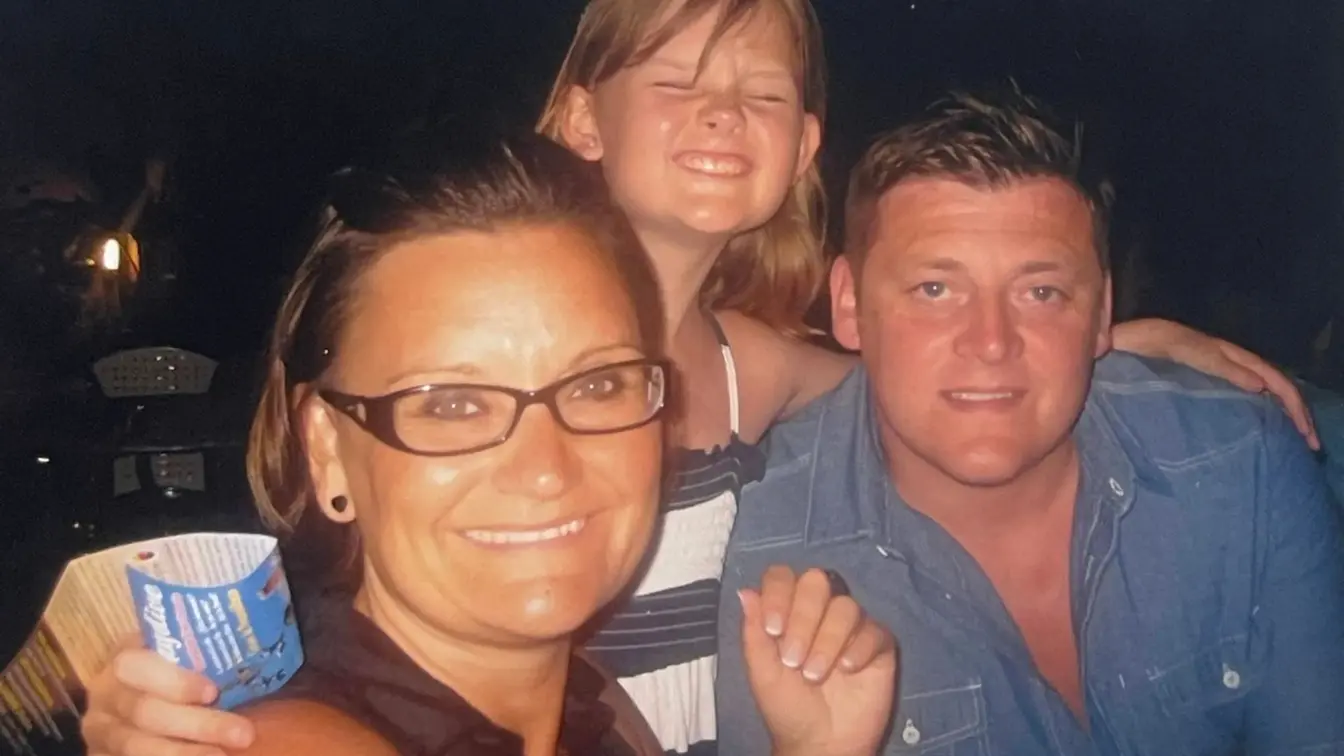
Family faces horror after hotel buffet meal in Gran Canaria
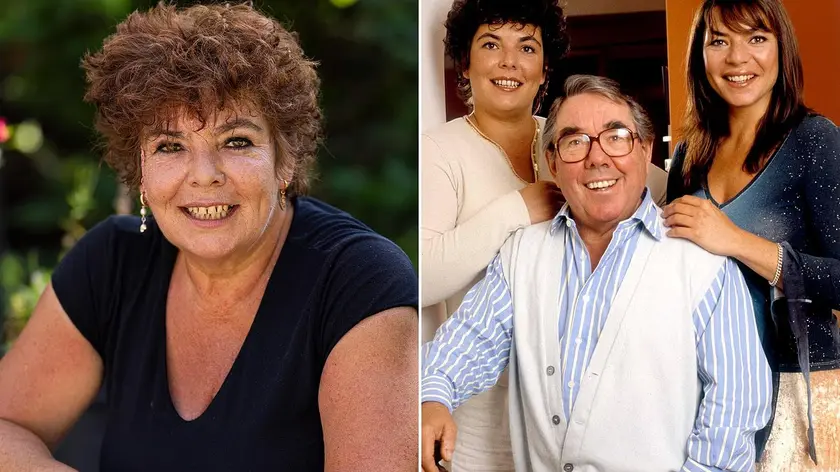
Emma Corbett begins new career as a stand-up comedian
